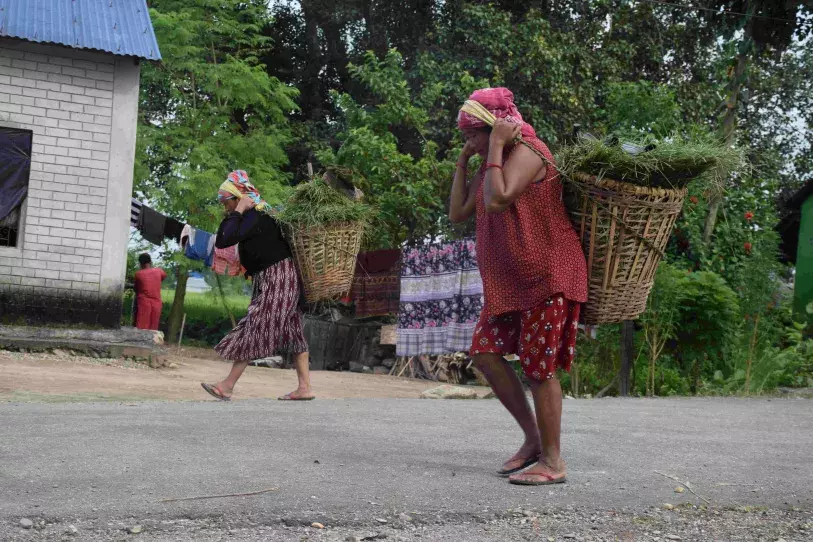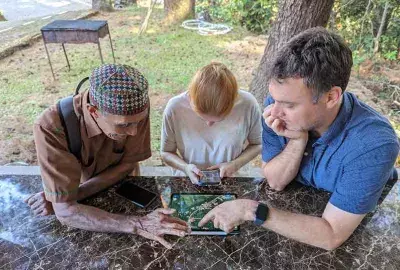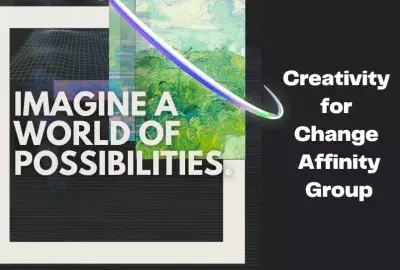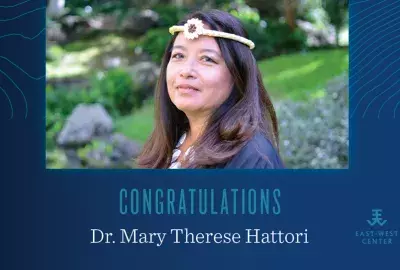
OFFICE/DEPARTMENT
In a collaborative effort funded by USAID and LASER PULSE, Dr. Phanwin Yokying of the East-West Center and Dr. Mukta Lama from Tribhuvan University have authored a new report titled "Understanding Social Inclusion and Gender Equality in Nepal Through the Lens of Time Use Data." This comprehensive study delves into the implications of social stratification and inequality on labor allocation among men and women from both marginalized and non-marginalized social groups in Nepal. The research provides a critical examination of various dimensions of time use patterns, shedding light on how individuals from included and excluded social groups allocate their time in work and non-work activities, their household division of labor, work intensity, as well as time poverty.
Key findings from the 2022 Time Use Survey, the first of its kind in Nepal, reveal crucial insights into not only how social exclusion and gender inequality influence participation in economic and non-economic activities, but also intra-household division of labor and time tradeoffs and constraints faced by women and men within the same social groups and across different caste and ethnic groups. Conducted in Bagmati and Madhesh Province, the survey interviewed one woman and one man from 3,500 sampled households. The survey focuses on sex and caste/ethnicity-disaggregated data, offering a unique lens through which to understand social stratification and gender inequality.
The report not only identifies disparities but also lays the groundwork for evidence-based policy recommendations to foster inclusive governance in Nepal. The full report, as well as infographics and a Nepali version, is now available for download.
In a collaborative effort funded by USAID and LASER PULSE, Dr. Phanwin Yokying of the East-West Center and Dr. Mukta Lama from Tribhuvan University have authored a new report titled "Understanding Social Inclusion and Gender Equality in Nepal Through the Lens of Time Use Data." This comprehensive study delves into the implications of social stratification and inequality on labor allocation among men and women from both marginalized and non-marginalized social groups in Nepal. The research provides a critical examination of various dimensions of time use patterns, shedding light on how individuals from included and excluded social groups allocate their time in work and non-work activities, their household division of labor, work intensity, as well as time poverty.
Key findings from the 2022 Time Use Survey, the first of its kind in Nepal, reveal crucial insights into not only how social exclusion and gender inequality influence participation in economic and non-economic activities, but also intra-household division of labor and time tradeoffs and constraints faced by women and men within the same social groups and across different caste and ethnic groups. Conducted in Bagmati and Madhesh Province, the survey interviewed one woman and one man from 3,500 sampled households. The survey focuses on sex and caste/ethnicity-disaggregated data, offering a unique lens through which to understand social stratification and gender inequality.
The report not only identifies disparities but also lays the groundwork for evidence-based policy recommendations to foster inclusive governance in Nepal. The full report, as well as infographics and a Nepali version, is now available for download.







